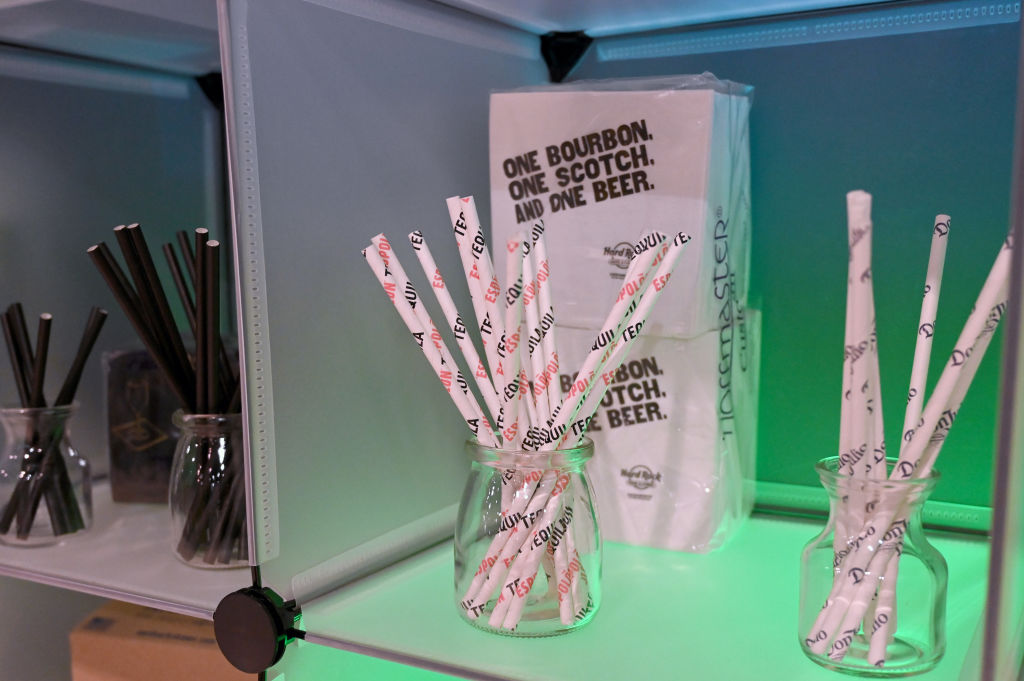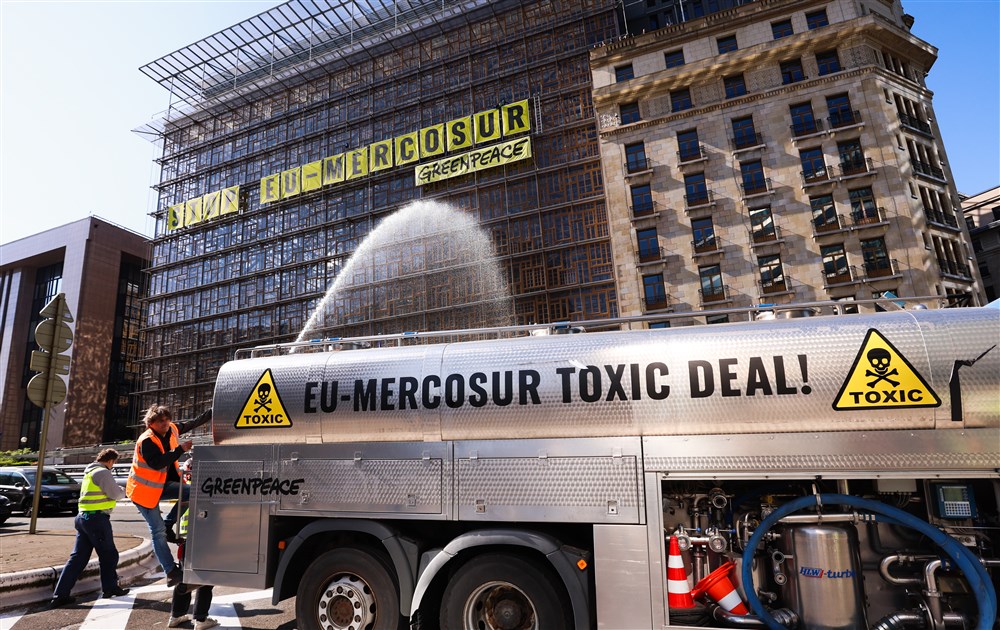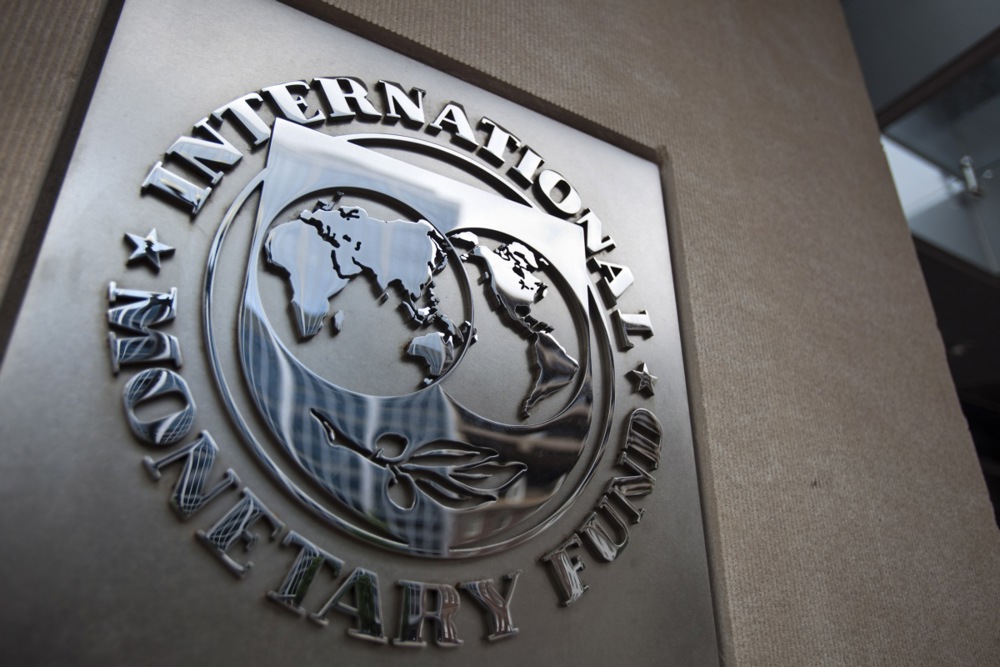Shell filed a nearly €2 million lawsuit against Greenpeace after protestors boarded one of its ships in January.
Greenpeace activists boarded the White Marlin ship, which was delivering a platform to the North Sea, near the Canary Islands and travelled as far as Norway on it.
Shell offered to decrease its claim to €1.3 million if its members agreed not to launch similar protests against the oil company’s oil and gas infrastructure at sea or in port again, claims Greenpeace.
Greenpeace says it would only accept the arrangement if Shell followed a 2021 Dutch court decision to reduce its emissions by 45 per cent by 2030, which the oil company has challenged.
Shell, which brought the High Court claim in London, says it faced substantial costs as result of the protest, including mobilising an extra safety vessel and increasing security at the final port.
Protests at sea have long featured in Greenpeace’s campaigning efforts.
After boarding the ship, activists from Argentina, Turkey, the US and the UK unfurled a banner reading “Stop Drilling. Start Paying”.
Shell and the wider fossil fuel industry are “bringing the climate crisis into our homes, our families, our landscapes and oceans,” said Yeb Saño, one of the activists and executive director of Greenpeace Southeast Asia.
“So we will take them on at sea, at shareholder meetings, in the courtroom, online and at their headquarters. We won’t stop until we get climate justice. We will make polluters pay,” he added.
In one of the biggest legal threats against the Greenpeace network, Shell launches intimidation lawsuit: threatening $8.6m damages claim and protest ban to silence climate demandshttps://t.co/oL5QhD9BQD
— Greenpeace PressDesk (@greenpeacepress) November 9, 2023
The right to protest “is fundamental and we respect it absolutely. But it must be done safely and lawfully, Shell says in a statement.
However, “Shell and its contractors are entitled to recover the significant costs of responding to Greenpeace’s dangerous actions,” it adds.
Greenpeace calls Shell’s claim an “intimidation lawsuit” and says it is one of the most serious legal challenges to its right to advocate in its more than 50-year existence.
Greenpeace has been unlucky recently in the courts.
It and another environmental group, Uplift, recently lost a High Court challenge against the UK government for issuing new oil and gas production licences.
Greenpeace claimed the government failed to adequately assess “the damage it [giving out new drilling licences] will do to the climate.”
The government’s choice not to consider emissions from end-product burning was lawful and not unreasonable, said the court.





